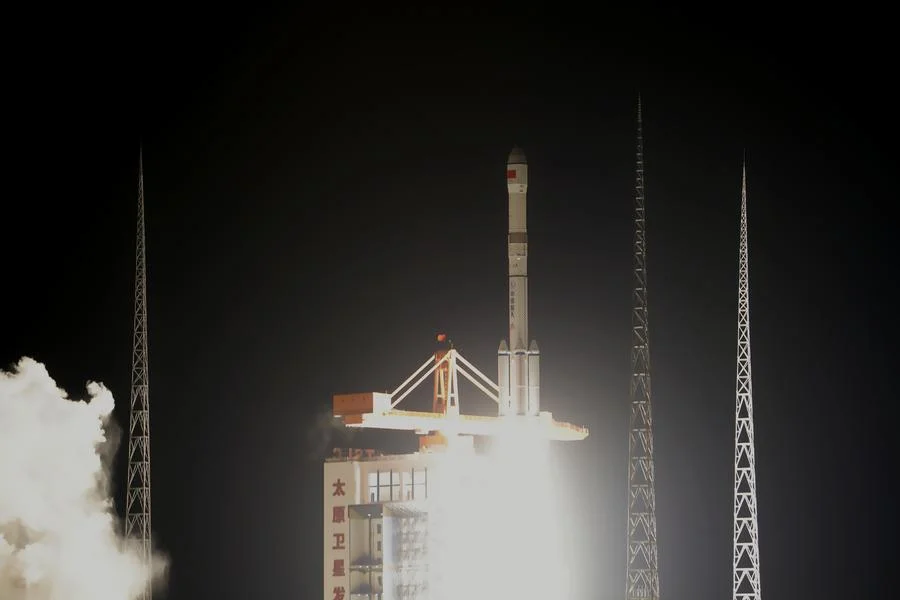
China’s Yaogan 40 Group 02: A Trio of Satellites Soars into Orbit for Electromagnetic Monitoring
China continues its ambitious space program with the successful launch of the Yaogan 40 Group 02, a trio of remote-sensing satellites. This launch, which occurred on Sunday, May 11, 2025, marks another significant step in China's efforts to enhance its Earth observation capabilities. But what exactly is the purpose of these satellites, and why is this launch important?
A Long March 6A rocket, a modified version of the Long March 6, carried the Yaogan 40 Group 02 into orbit from the Taiyuan Satellite Launch Center in northern China. The launch took place at 9:27 p.m. Beijing time. The China Aerospace Science and Technology Corporation (CASC) confirmed the mission's success, highlighting the crucial role these satellites will play.

While official details remain somewhat limited, Chinese state media indicates that the Yaogan 40 Group 02 will primarily focus on electromagnetic environment detection and related technical tests. This suggests a broad range of potential applications, including monitoring changes in the Earth's electromagnetic field. Some reports suggest that Yaogan satellites, in general, serve military purposes alongside remote sensing.
The Long March 6A rocket, a two-stage vehicle, measures 50 meters in length and utilizes environmentally friendly fuel—a mixture of kerosene and liquid oxygen. It's designed to deliver substantial payloads into sun-synchronous orbit, approximately 6.5 tons in this case. This launch represents the 574th mission in the Long March rocket series and the 20th such launch in 2025. Its extended first stage, matching the diameter of the second (3.35 m), underscores its advanced design.
This mission underscores China's drive to enhance its space-based Earth Observation capabilities. The data gathered by these satellites could have implications for various sectors, including resource management, disaster monitoring, and potentially, national security.
With each successful launch, China solidifies its position as a prominent player in the global space arena. The Yaogan 40 Group 02 represents a continued investment in sophisticated technology capable of monitoring our planet in ever more detailed ways.
What are your thoughts on China's expanding space program? Share your comments below, and let's discuss the future of Earth observation.